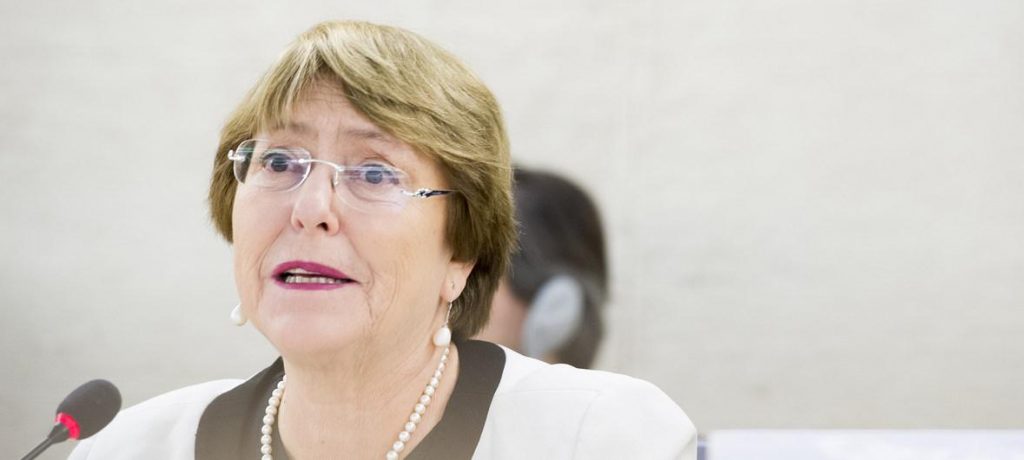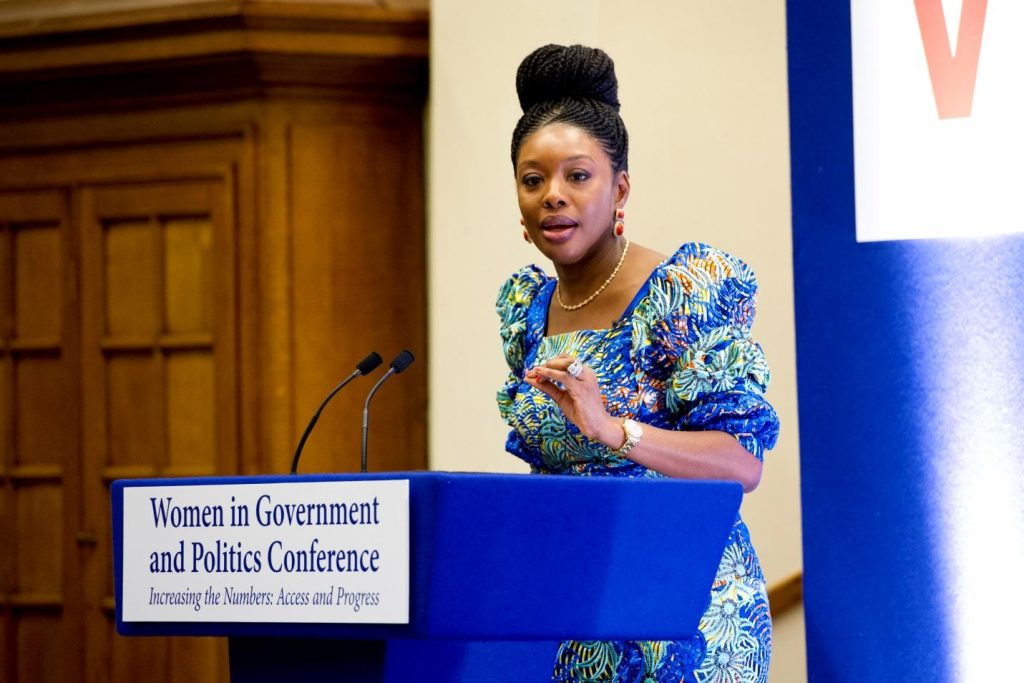In November 2015, Prime Minister Justin Trudeau formed the first gender-balanced cabinet in Canadian history. In announcing his cabinet, he ensured that half of his closest advisers (15 out of a total of 30) were women. Canada’s gender-equal cabinet vaulted the country from 20th to fifth place in the world in terms of percentage of women in ministerial positions. When reporters asked Trudeau about why gender parity was important to him, he retorted: “Because it’s 2015.” His simple yet momentous response resonated with those committed to equity, diversity and inclusion. As public health researchers, this got us thinking — if increasing the number of women in positions of power promotes gender equity, could it also promote population health and well-being? Our findings, published recently in the journal SSM – Population Health, support the argument that yes, women in government do in fact advance population health. More Women in Power, Fewer…
Without Tackling ‘Gross Inequalities’ Major Issues Will Go Unsolved, Warns UN Rights Chief Bachelet
In a more than half-hour address to the Human Rights Council, Michelle Bachelet highlighted concerns around the world, while also welcoming several firsts, such as the record number of women now serving in the United States Congress, where they make up nearly a quarter of the representation. The new wave of women representatives taking up their seats in January indicated several “important steps for diversity,” she said. “They included the first Muslim American Congresswoman, the first Native American Congresswoman, and the youngest woman ever elected to Congress. I hail all powerful women around the world and the model they present to the next generation.” Moving on to the wider state of social justice around the world, the rights chief said that overcoming “gross inequalities” was key to achieving the 2030 Agenda, referring to the 17 Sustainable Development Goals (SDGs) which Member States signed up to in 2015. Hailing reforms in…
Turkish Gov’t Vows to Support Women Entrepreneurs
Women spend 90 percent of their income on their families, economy and education, hence the increase in the number of women entrepreneurs contributing to the social development of the country, according to Turkey’s Trade Minister Ruhsar Pekcan. “We need to produce more technology and innovative projects,” Pekcan said on March 9 at an event in the southern province of Antalya. “We have young women working as engineers, software designers, and graphic designers. We need to direct them, use our resources correctly. We need more female entrepreneurs both for Turkey and to give the women their desired place in society.” The minister pointed out that female entrepreneurship in Turkey has increased to 34 percent from 23 percent over the last 10 years. “Indeed, the momentum has been growing rapidly in the last 10 years, but still the OECD average is 51.3 percent. It’s far behind,” said Pekcan. “I see this as…
Why A Woman’s Place Is In Politics
By Silvana Koch-Mehrin 99 years ago, the World War I ended and the League of Nations was founded. The first Oreo cookie was designed and the pop-up toaster patented. It’s stuff for the history books. The latest World Economic Forum (WEF) Global Gender Gap Report shows that it will take another 99 years for the world to achieve gender-equal political representation if we continue at our current pace. Having only one woman for every four men in parliaments around the world is a clear indication of how ineffective societies are at tapping into the potential talent of more than 50% of the population. There are, of course, important variations: Nordic countries are the most gender equal, and Rwanda is the world champion for female participation in politics. Arab and Gulf countries, stand at the other end of the spectrum. UN Women estimates that globally, men represent 77% of parliamentarians, 82%…
A Step Forward for Women in African Politics
In October 25, 2018, the Ethiopian parliament elected its first female president, Sahle-Work Zewde. Though the role is largely ceremonial, it holds symbolic importance for women across the country and the continent, as Zewde will be the only female head of state in Africa. In her opening speech, she emphasized the importance of equality, telling MPs that if they thought she was talking too much about women, she had only just begun. Her election comes on the heels of another important step forward for Ethiopia, and neighboring Rwanda, who joined the meager ranks of countries with ministerial gender parity. In a cabinet reshuffle last week, Ethiopia’s Prime Minister Abiy Ahmed appointed ten female ministers, comprising half of the all cabinet posts. Days later, Rwanda’s President Paul Kagame announced that Rwanda’s new cabinet would also be gender-balanced. According to data from the Inter-Parliamentary Union, fewer than ten countries have reached parity…
Political Participation of Women: What Does This Mean For Gender Equality?
By Donah Mbabazi Any nation that fails to educate its girls or employ its women and allow them to maximise their potential is doomed to fall behind in the global economy. Imagine if you have a team and you don’t let half the team play, that’s stupid! That makes no sense.– Barack Obama, 44th President of U.S.A on his maiden visit to Kenya in 2015. For a very long time, women were consigned to the back, especially when it came to key issues, such as decision-making, and this led to infamous narratives like ‘women belong in the kitchen’, a statement that will drive any feminist nutty trying to explain just how wrong that is. There has been progress towards the equal representation of men and women in decision-making in the past ten years. According to statistics from UN Women, the percentage of women in parliament has nearly doubled in the…
Women on the Rise in Politics
Some of our readers will not be thrilled with this column, but facts are facts and nothing that I am writing is a surprise to people who follow politics closely. There is a political revolution going on all over America and the movement is being led by women. This has little to do with the ‘’Me Too Movement’’. It’s more about the fact that a lot of women don’t like what men have done to the American political system. David Gergen, a noted public figure who has served four presidents and his staff analyst James Pitch, recently penned an article “Why Nancy Pelosi is good for America.” Having survived a lifetime of challenges and personal attacks, like her or not, she is symbolic of the changes that are taking place in politics today. For year’s right up to the November election, Pelosi has been a Republican piñata, but the dust…






